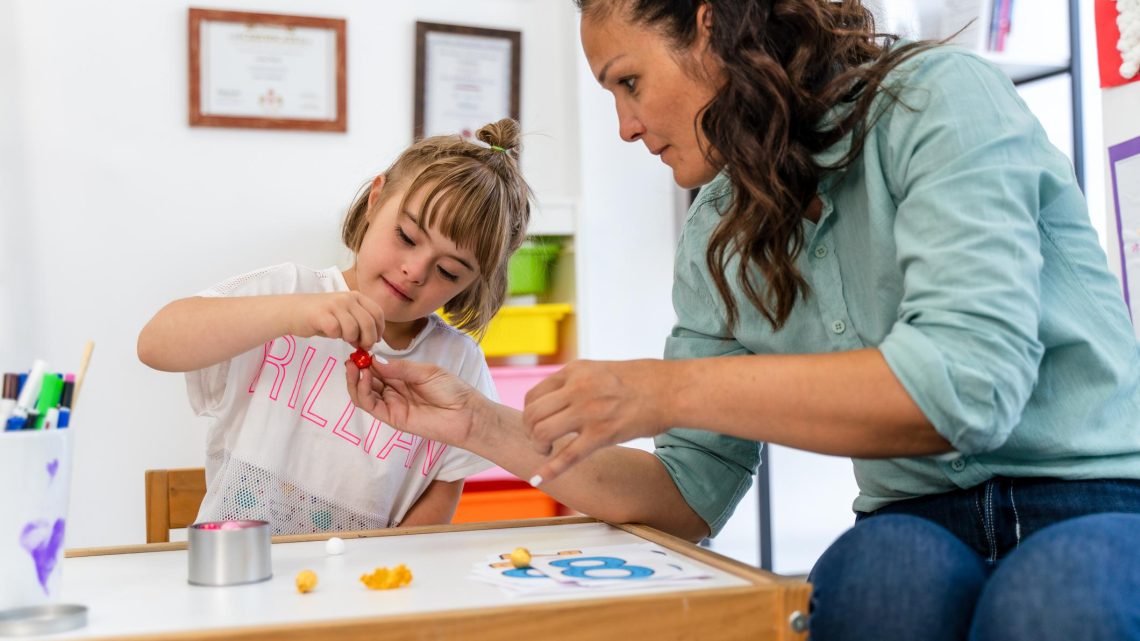Building Bridges of Friendship: Supporting Children with Autism
July 20, 2023Children with Autism Spectrum Disorder (ASD) often face challenges in forming and maintaining friendships. As a society, it is essential to build bridges of understanding and support to help these children develop meaningful connections with their peers. By fostering an inclusive environment and implementing targeted strategies, we can create a supportive framework to aid children with ASD in their social journey.
- Promote Awareness and Understanding: Education is the first step in building bridges of friendship. Raising awareness about autism among peers, teachers, and parents helps Secret Agent Society dispel misconceptions and fosters empathy and acceptance. When children without ASD understand their peers’ challenges, they are more likely to extend compassion and support.
- Implement Peer Sensitivity Programs: Schools can develop peer sensitivity programs that teach students about autism, sensory sensitivities, and communication differences. These programs can include interactive activities that promote understanding and inclusivity, such as group discussions and role-playing scenarios.
- Encourage Inclusive Play: Encouraging inclusive play in schools and communities provides opportunities for children with ASD to interact with neurotypical peers in a supportive and accepting setting. Inclusive playtime fosters social learning, communication, and the development of friendships.
- Facilitate Communication: Communication is the foundation of any friendship. Implementing communication support for children with ASD, such as visual aids, social stories, and assistive technology, can enhance their ability to express themselves and engage in conversations with their peers.
- Create Safe Spaces: Designating safe spaces within schools or community centers allows children with ASD to take breaks when feeling overwhelmed. These spaces offer them a chance to regroup, reducing stress and anxiety during social interactions.
- Peer Mentoring Programs: Establishing peer mentoring programs pairs children with ASD with neurotypical peers who can offer guidance and companionship. Peer mentors can provide support during social activities, helping children with ASD feel more comfortable and engaged.
- Organize Social Skills Groups: Social skills groups provide a structured environment for children with ASD to practice and refine their social abilities. Led by trained professionals, these groups focus on specific social challenges and offer valuable feedback and reinforcement.
- Supportive Parent Involvement: Parental involvement is essential in supporting children with ASD. Parents can collaborate with teachers, therapists, and community members to ensure that their child’s social needs are met and that they have opportunities for social engagement outside of school.
In conclusion, building bridges of friendship and support for children with Autism/ASD requires a collective effort from parents, educators, peers, and the community. By promoting awareness, implementing peer sensitivity programs, encouraging inclusive play, facilitating communication, creating safe spaces, establishing peer mentoring programs, organizing social skills groups, and fostering supportive parental involvement, we can create a nurturing environment where children with ASD can thrive socially. Through these concerted efforts, we can bridge the gap between children with ASD and their peers, fostering a more inclusive and compassionate society that celebrates the uniqueness of every individual.


